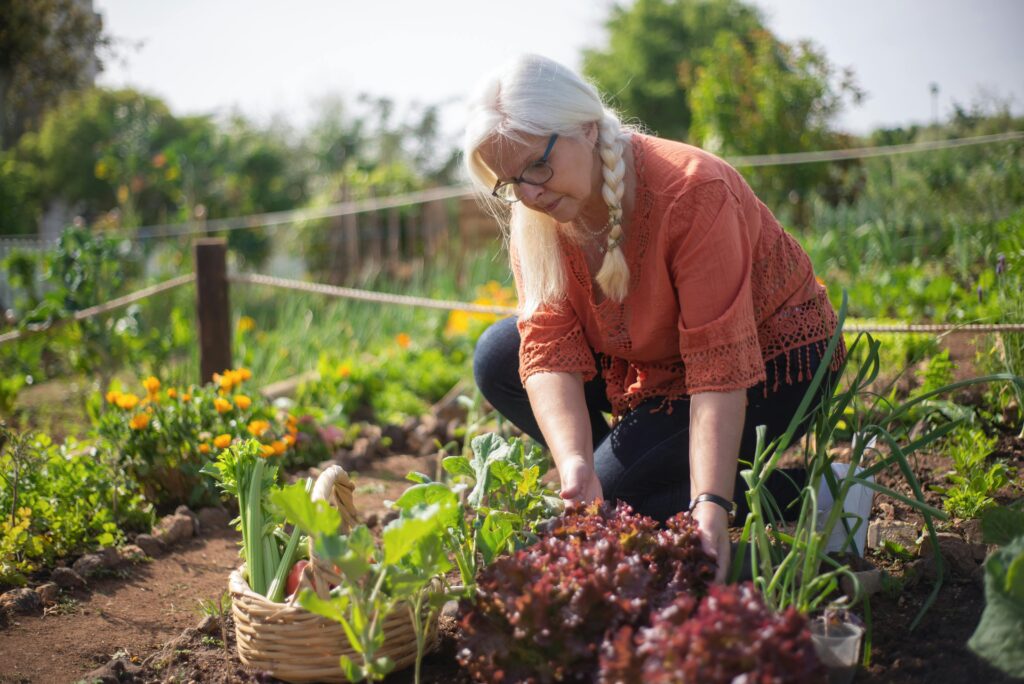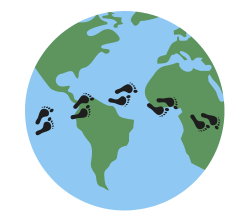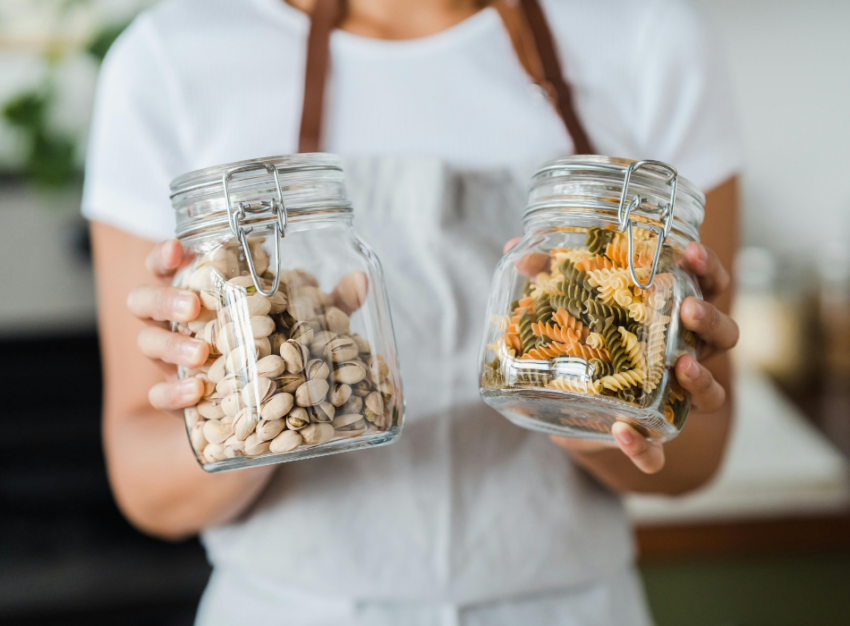When I started this blog, I shared the story of why I started it on my personal social media: how, as an aspiring writer, people often suggested that I start a blog, but I wasn’t sure what to write about until inspiration struck when I was cooking with broccoli stems.
What I didn’t share was why it took me so many years to get around to starting Steps Toward Sustainability, nor how long it took from deciding to start the blog to publishing my first post.
On the first point, I got busy, was transitioning between school and work, and tended to prioritize commitments to other people over things that I wanted to do for myself.
On the second, it turns out there are a lot of steps to launch a blog, and many decisions along the way, from what to call it and what you want the website to look like, to who to use as your web host and how often you want to publish.
Now, I can look back at what I’ve made and be proud.
Though I’m a bit of a perfectionist, and even now I compare myself to other sustainability bloggers: they’ve been doing it for longer, know more than I do, and have better images and social media posts. But I try to remind myself that this is a passion project and it’s okay if, for example, I diverge from my biweekly publishing schedule if I’m on vacation.
My advice for people considering starting their own sustainability project would be to go ahead and start it, to know that it won’t be easy, and to try not to compare yourself to others or strive for perfection.
I’ve talked about perfectionism in sustainability projects, but perfectionism can show up in sustainability in other ways as well, specifically in the form of eco-perfectionism.
What is eco-perfectionism?

Eco-perfectionism is the quest to live an environmentally perfect lifestyle, and the idea that there even is a perfect way to live to protect the planet.
When you think about it, a lot of the “rules” of sustainability are absolute: don’t eat meat or even any animal products, don’t own a car, don’t fly, don’t produce any waste …
These gold standards of sustainability can be unattainable for many people and can lead to judgement and a sense of superiority, on the one hand, and a feeling of inadequacy, on the other. They also don’t take into account the nuances of a person’s specific circumstances.
Personally, when I imagine an environmentalist, I think of someone who grows their own vegetables, goes shopping at bulk food stores and stores their food in glass jars, and has a reusable everything. Yet a sustainable lifestyle can actually look like many different things.
I’m a sustainability blogger, but my lifestyle isn’t perfect. I like to take long, hot showers (though I’m working on it); I eat cheese regularly (also working on it) and I fly sometimes.
The problem with perfectionism

As I’ve mentioned, ideas of the perfect sustainable lifestyle can be intimidating and unrealistic, which could lead people to tune out and not see themselves in sustainability. The fear of getting something “wrong” (like throwing an item in the wrong bin when recycling) could stop someone from trying at all—particularly in social settings, where other people may judge them.
There’s also the matter of equity and accessibility: some of the common sustainability solutions that I mentioned, like not owning a car or using reusable products, are not available equally to everyone.
A person who lives in a rural area with poor access to transit or who works irregular hours may need a car to get to work. Someone who lives in a food desert (more often found in low-income and predominantly Black neighbourhoods) may have a harder time finding sustainable food options. A person with a physical disability may need to use a plastic straw to drink. The list goes on.
The fact of the matter is that no one sustainability solution is perfect. A solution that’s good in some areas may cause problems in other ways.
For example, I’ve written in the past about using reusable pads. These products are great because they keep hundreds of disposable pads out of landfills. However, the pads often need to be shipped to you, which we know has environmental impacts; they may still contain some plastic; and to have enough clean pads, you either need to do laundry more often or buy a lot of pads, both of which consume resources.
Eco-perfectionism also prioritizes individual over collective action. Though I do firmly believe that sustainable habits have a role to play in the transition to a sustainable future, we know that corporations are some of the biggest polluters and that governments need to take strong measures to reduce our collective emissions.
The matter of eco-anxiety and eco-guilt
If we’re not careful, eco-perfectionism can start to affect our mental health.
Eco-anxiety is a specific kind of anxiety about environmental issues like climate change, biodiversity loss and pollution. This might look like obsessive thinking about climate change or constantly worrying about your carbon footprint—for example, going down internet rabbit holes about which is the best sustainable alternative in a certain situation. Of course, you’re right to be concerned, but the anxiety can become a problem if it becomes paralyzing and starts to take over your life.
Eco-perfectionism can also lead to eco-guilt—a feeling that you need to make the perfect sustainability decision all the time and are a bad person if you don’t. Needless to say, this guilt-tripping can discourage people from striving for a sustainable lifestyle.
The solution: Imperfect sustainability

Is there anything helpful about eco-perfectionism? It’s a sign that you care about protecting the planet and want to do the right thing. However, as I’ve shown throughout this post, eco-perfectionism can make you start to feel bad about your imperfect attempts to be sustainable.
Instead of perfection, I’d recommend focusing on gradual improvements and consistent habits over time—these concrete actions will have a greater impact in the long run than worrying about small sustainability questions and achieving a perfect lifestyle.
Personally, I’m trying not to worry too much—just the right amount.
The way I see it, sustainability is a value that guides our decisions. Of course, we should try to be sustainable whenever possible. But values can accommodate the occasional deviation, like getting coffee in a disposable cup.
Remember that we’re all doing our best, and your best is the best you can do!
I want to know: Have you experienced eco-perfectionism? How do you manage it?
Categories and tags:
Share this post:

